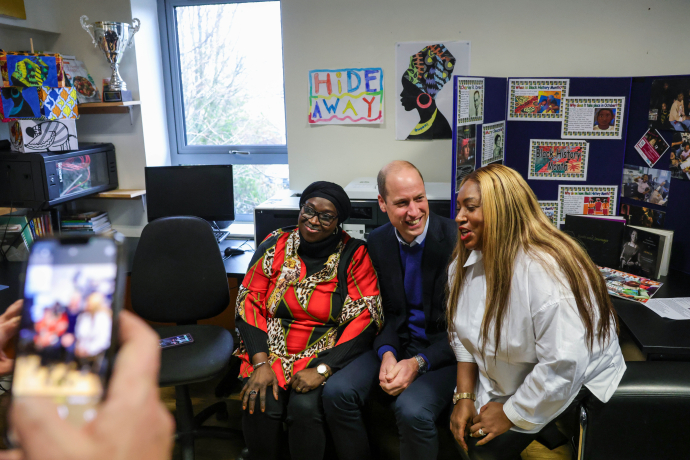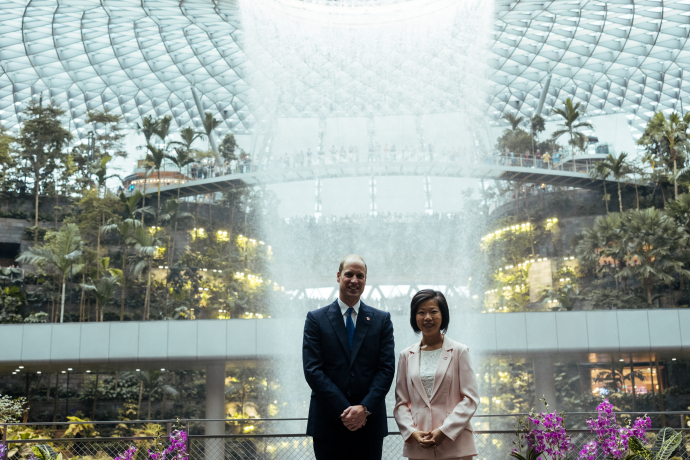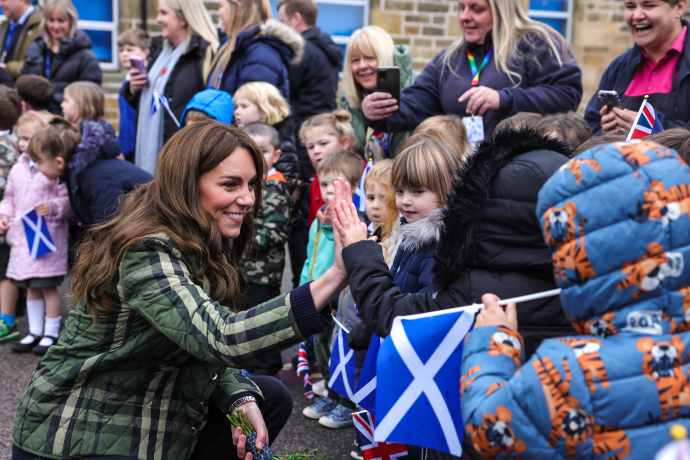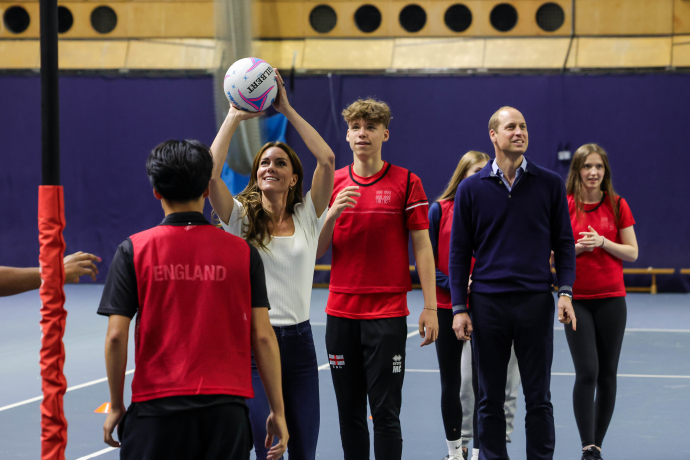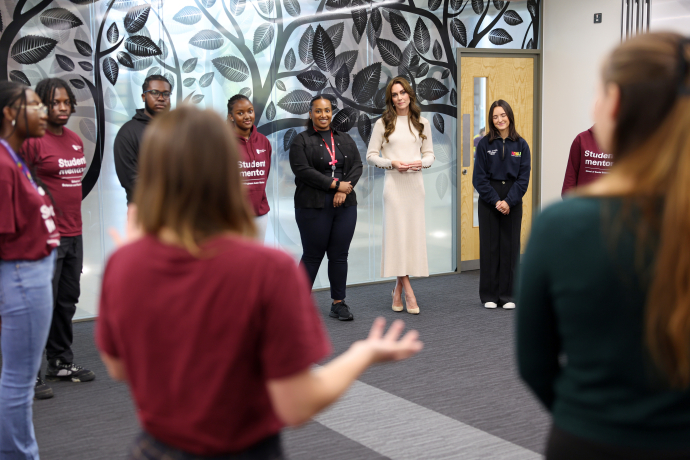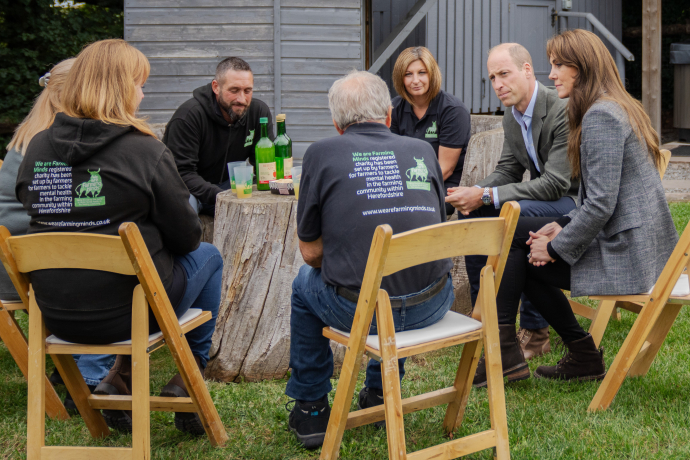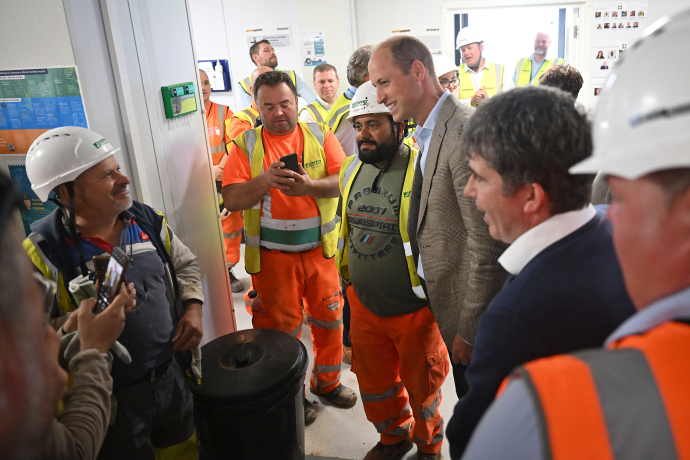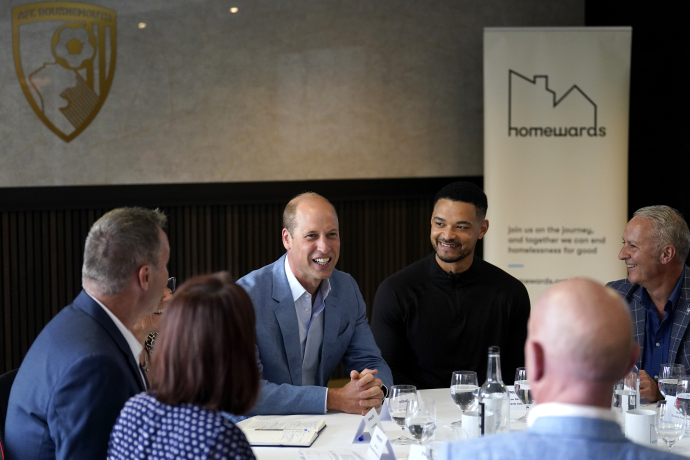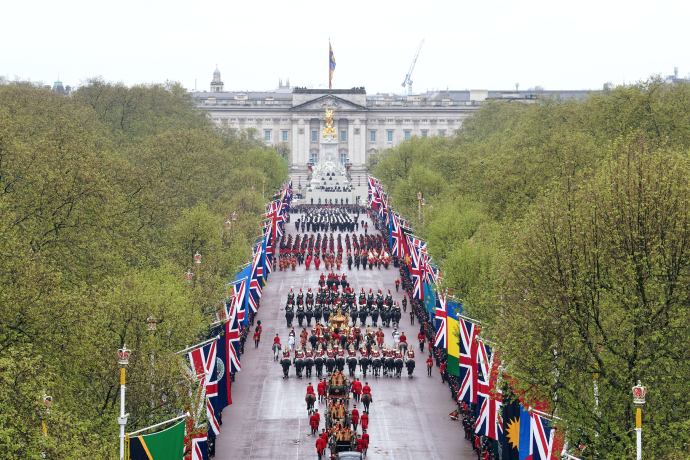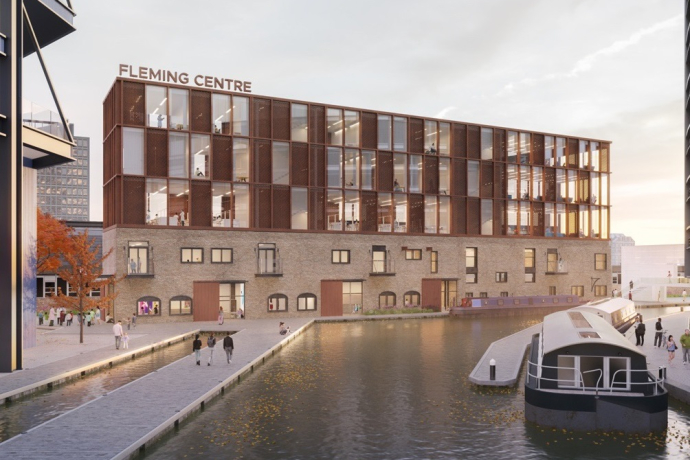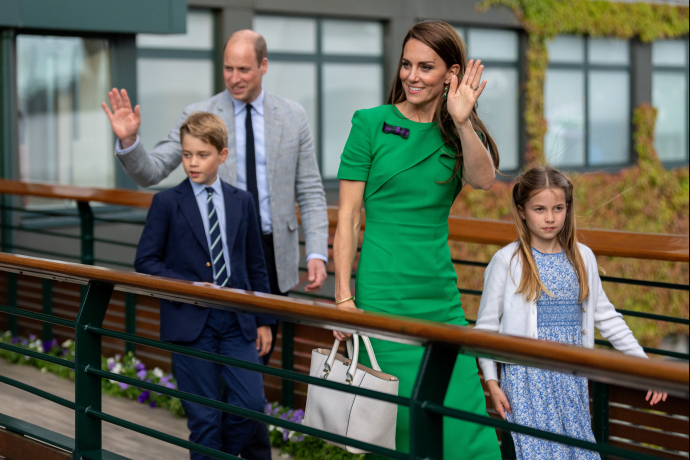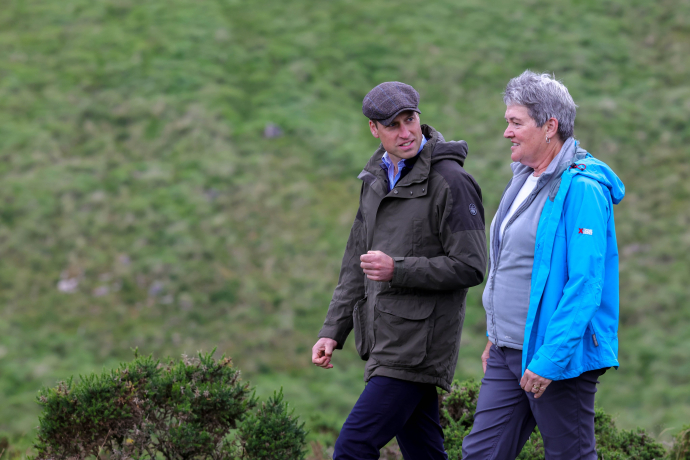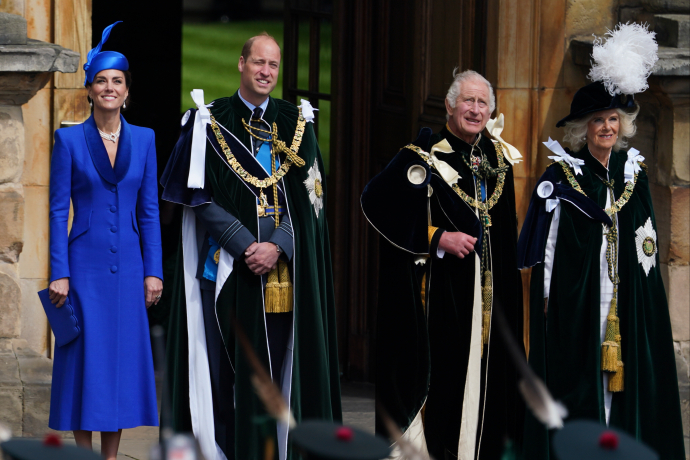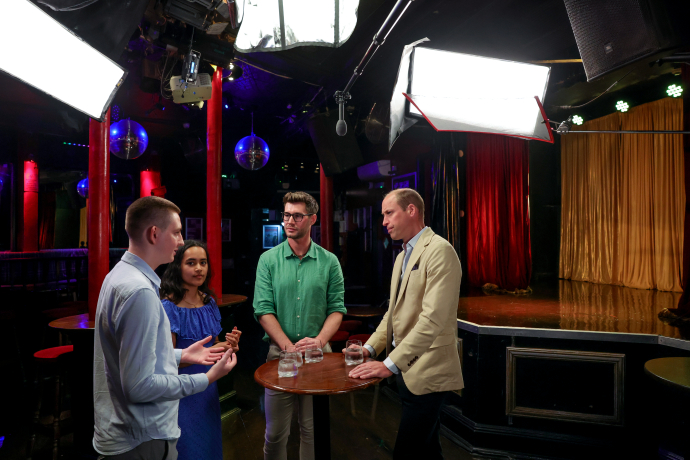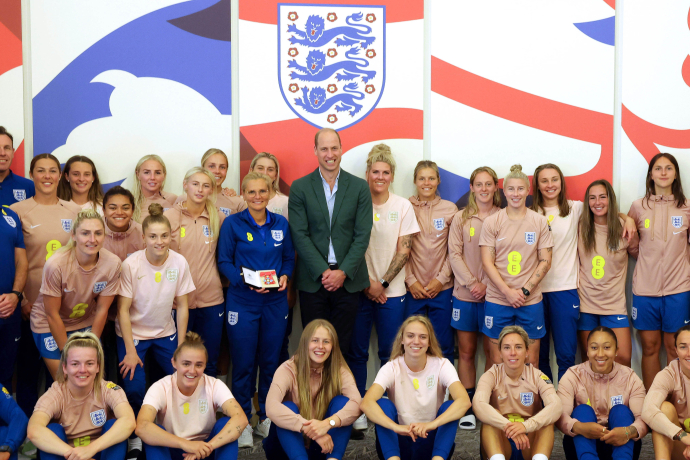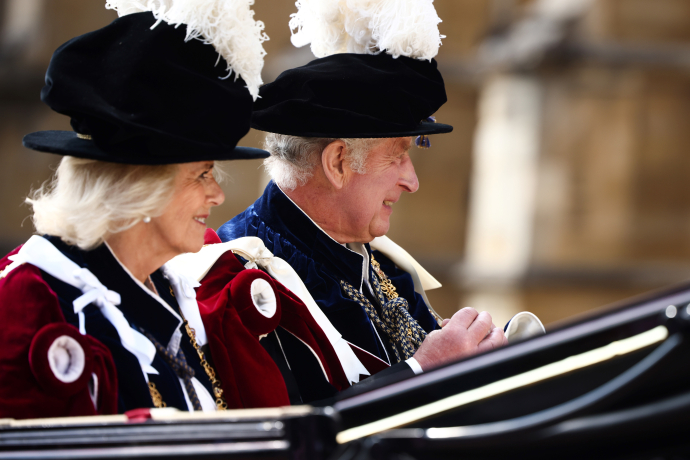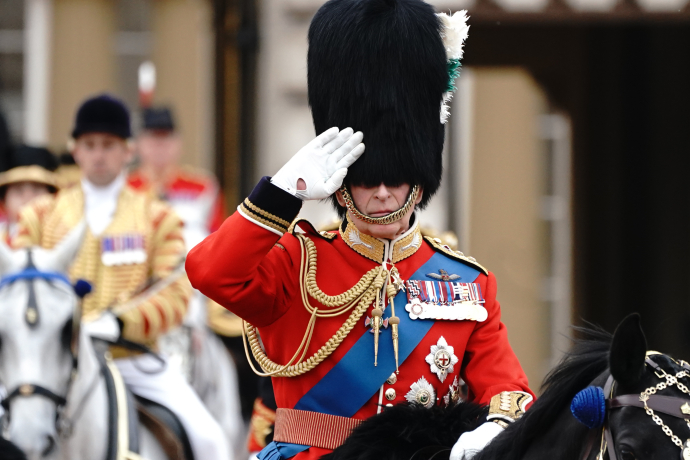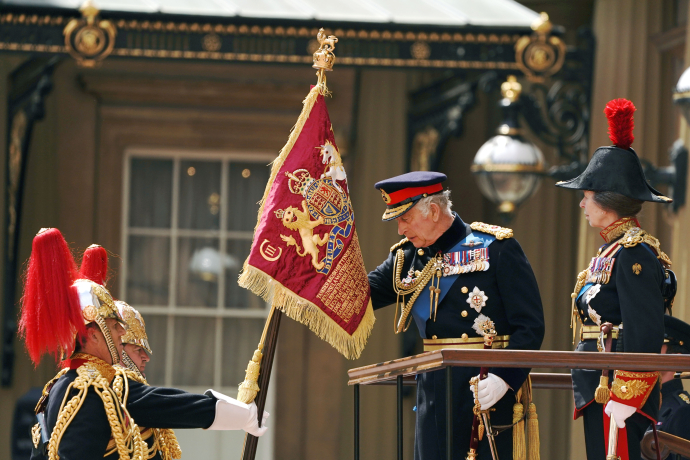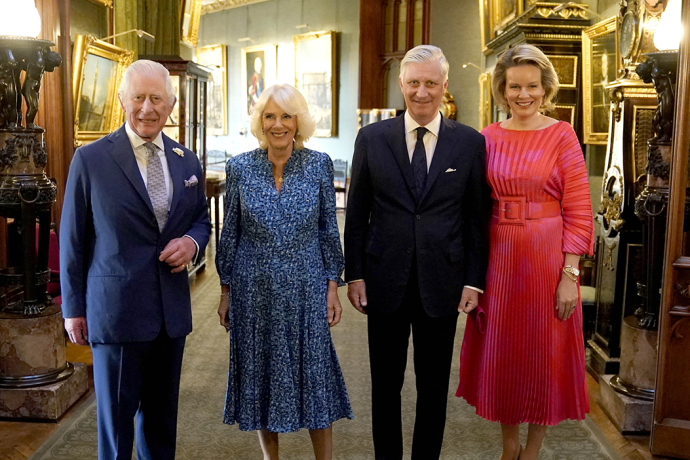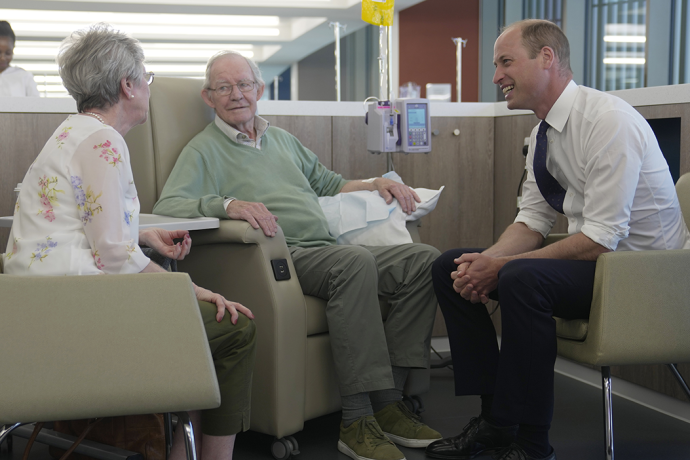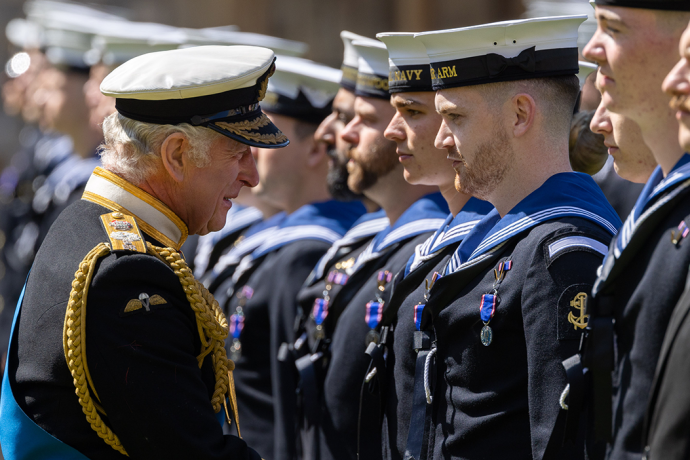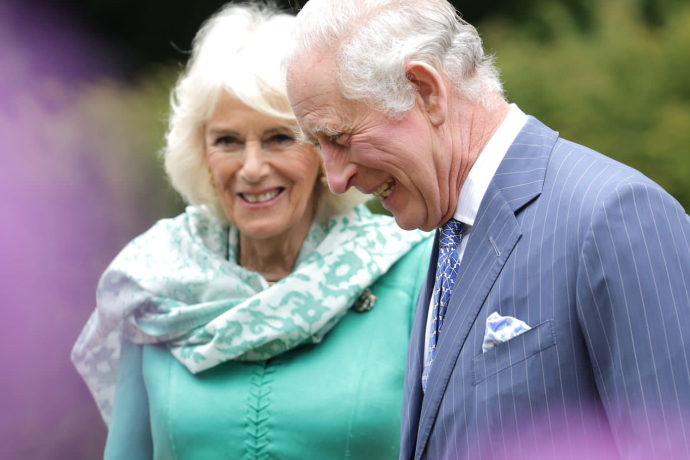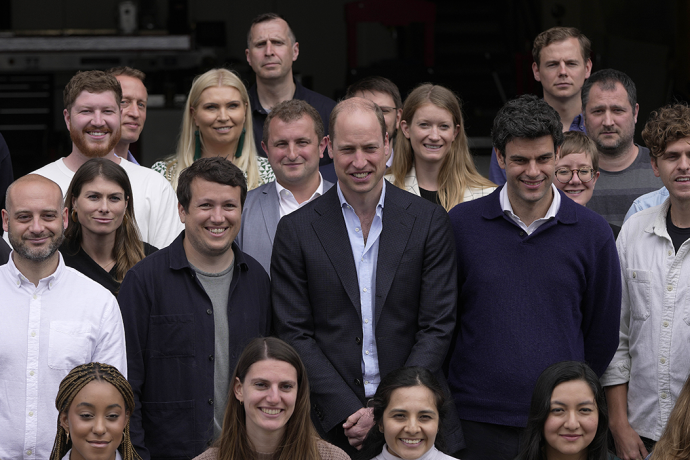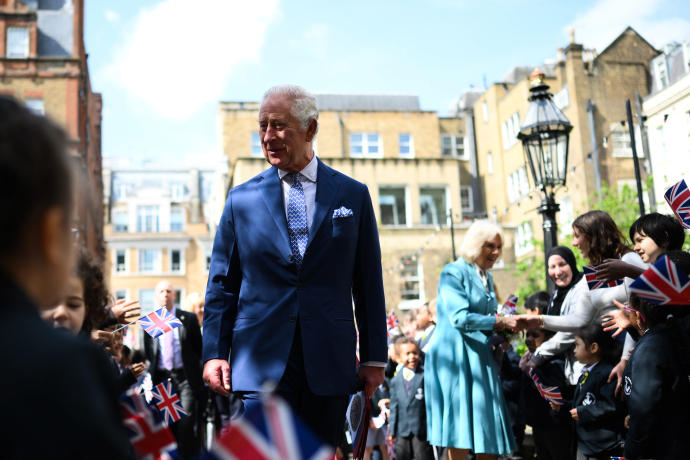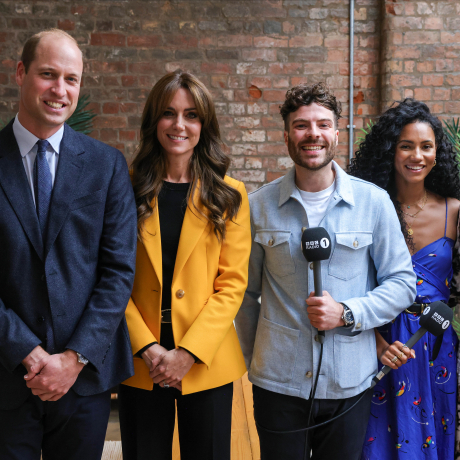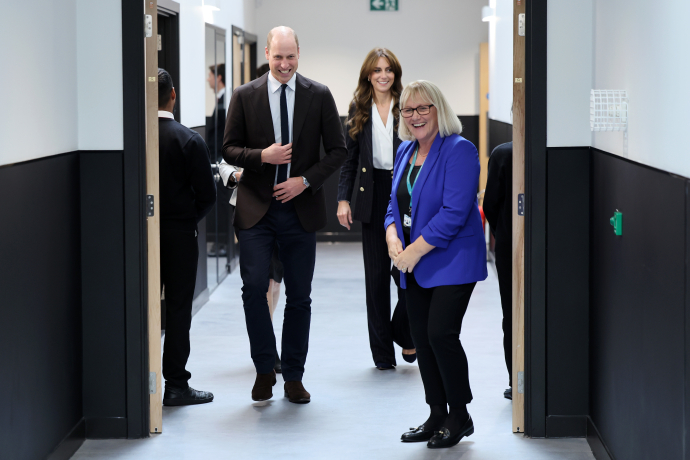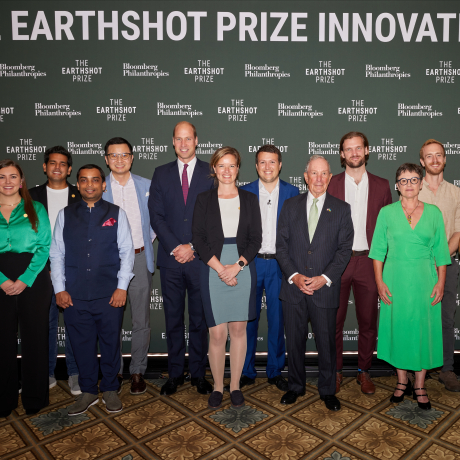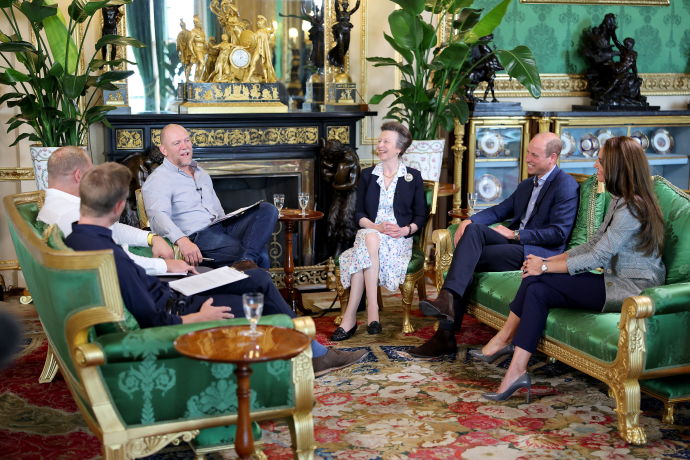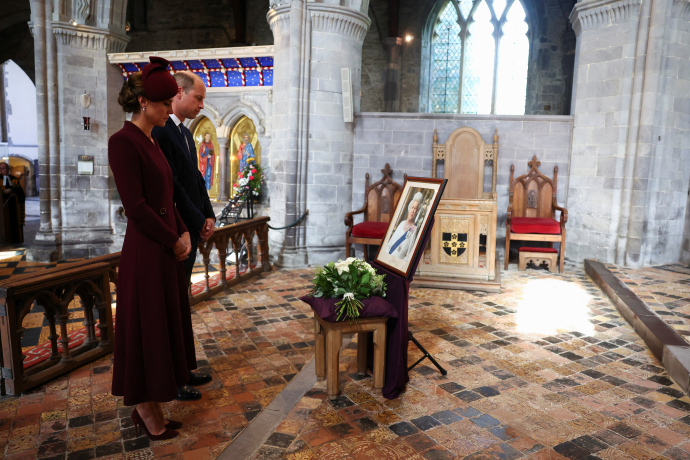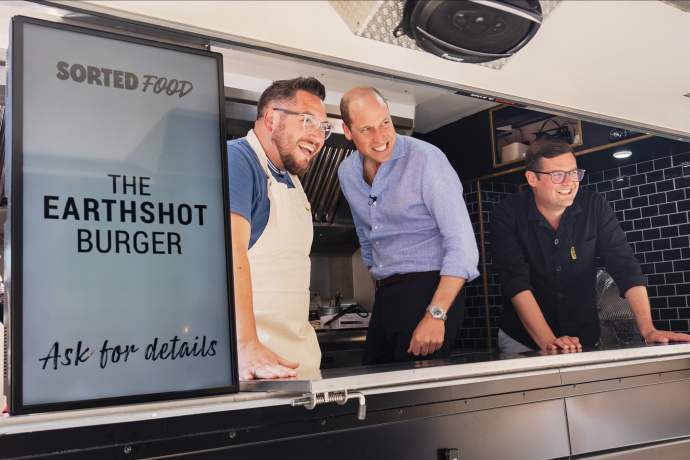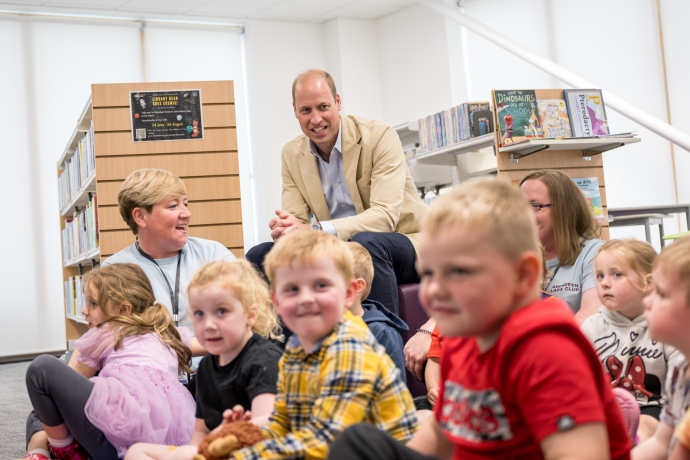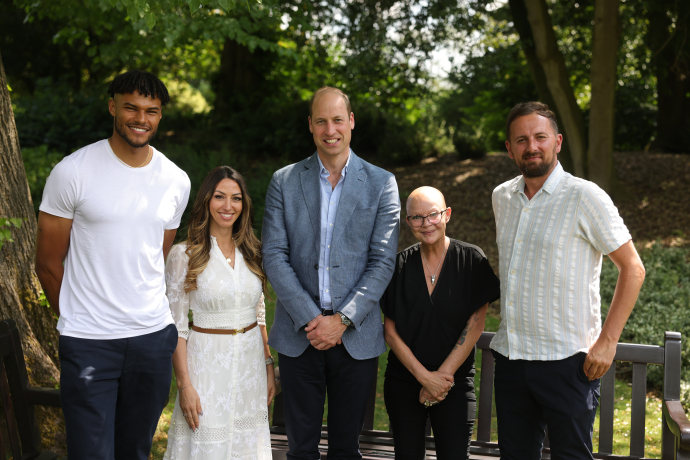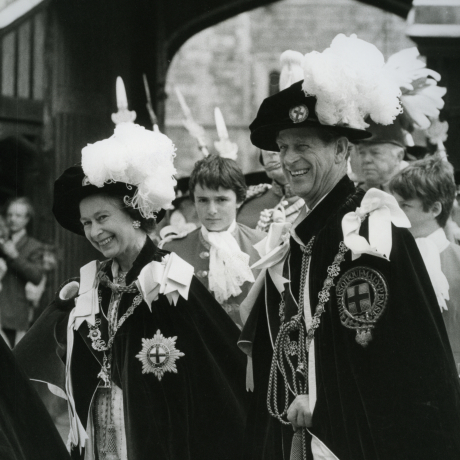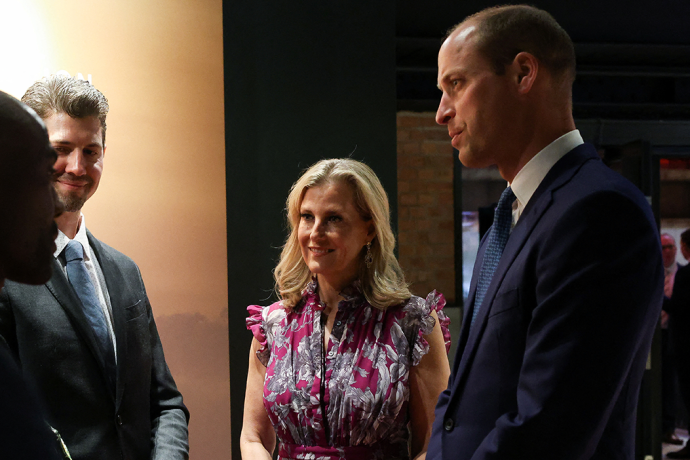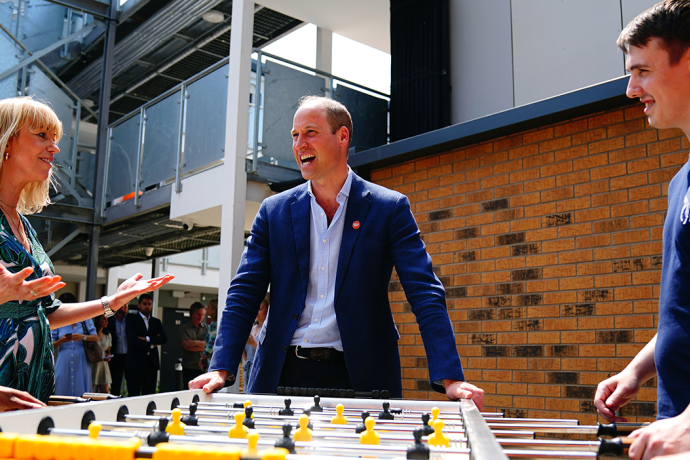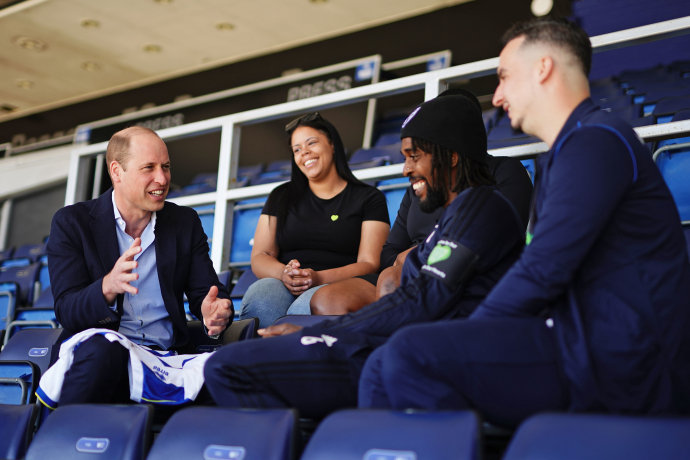A speech by The Duke of Sussex at the Invictus Games Sydney 2018 Closing Ceremony
Published
And to the competitors goes the biggest thanks of all. You have once again left us humbled and inspired by your example, by your determination, by your service and by your sense of humour.
Good evening Sydney and those watching around the world.
As always when these Games close, I would like to start by saying thank you.
To PK and Lieutenant General Peter Lay and the whole Sydney 2018 team – the vision and hard work has paid off and you have put on a truly magnificent Invictus Games. Thank you for being our partners over the last couple of years, and our team at the Invictus Games Foundation, especially Dominic Reid and Rose Hall, for their tireless efforts and hard work.
To the people of Australia who filled the stands and cheered on the sidelines – thank you so much. Your energy powered our competitors all week and you made these Games your own by creating a typically Aussie atmosphere!
To the friends and families who got our competitors to the start line and applauded them all the way to the finish line, thank you. You are all part of one big Invictus family and none of us would be here without you.
And to the competitors goes the biggest thanks of all. You have once again left us humbled and inspired by your example, by your determination, by your service and by your sense of humour.
Last Saturday, I spoke about how you were part of the Invictus generation. Your choice to serve your nations places you alongside those storied generations that have come before you, that fought two world wars and then secured a world order built on freedom, democracy, and tolerance.
And of course this choice to serve - this choice to put yourselves at risk for the benefit of others - is at the very heart of what I founded these Invictus Games to celebrate. I wanted your service to be recognised.
But what we saw again this week is that Invictus is so much more. Your example goes beyond the military community. It is about more than just your inspiring stories of recovery from injury and illness.
It is about your example of determination, of optimism, of strength, honour and friendship, or as the Aussies call it ‘mateship’, as a core value that has the power to inspire the world.
When we saw Paul Guest and
Edwin Vermetten support each other through Paul’s struggle with Post Traumatic Stress on the tennis court in front of a large audience, we saw what mateship really looks like.
When Jakub Tynka fought through excruciating leg pain for the final 20 minutes of his cycling event, and let the cheering crowd and his fellow competitors Benjamin and Cedric push him over the finish line, we saw the definition of strength.
When you saw Hannah Stolberg crossing the finish line on a bike which belonged to a late fellow serviceman whose values she strives to emulate, you witnessed the real meaning of honour.
And, when 67-year old former military nurse Cavell Simmonds decided age was just a number and entered into five sports at her first Invictus Games, you saw what determination really looks like.
These men and women are role models. They are who every child should look up to. In a world where negativity is given too much of a platform, our Invictus competitors – many of whom have been given a second chance at life - are achieving extraordinary things.
Now, a lot of exciting labels get attached to the guys and girls who compete in these Games. They get called heroes. They’re tagged as legends. They’re referred to as superhumans. Now of course all those things are true! Right?
Well I believe, that the real power of their example is that they are not superheroes. (Sorry to break it to you guys!)
Because as you have witnessed this past week, what they are achieving isn’t impossible nor is it magical. You have seen it happen before your very eyes because these competitors have made it happen.
They are men and women who have confronted a challenge and overcome it. They are ordinary people doing extraordinary things. And with the help of their friends and families, they have exceeded every expectation.
That is something we can all aspire to. You do not have to be a veteran who has fought back from injury to be inspired by the Invictus example.
You can be a teacher or a doctor, a mum or a dad, a child or a grandparent, a farmer, a plumber, a lawyer, or a CEO. Or anything at all.
You can identify something in your own life that you want to change for the better. And you can let the men and women of the Invictus Games remind you that no challenge is too difficult to overcome.
Nowhere is that truer than in the area of mental health. By simply being here and fighting back from some of the darkest experiences known to anyone, you have become role models for everyone at home or in the stands who might be struggling with their emotions or with a mental illness.
For that friend or comrade you know who is unable to open up about their struggles. For that man or woman who has watched on television, you are proving that it’s OK to talk about how we feel. To girls and boys who see you speaking openly about anxiety, stress, and depression, you are showing it’s OK not to be OK. And most importantly, you are showing us all that it’s OK to ask for help.
Asking for help is courageous. It will improve your life and the lives of those around you immeasurably. In the moment you admit that you are struggling, you take that first step towards a better future for you and your friends and your family. You allow those around you to show you the love and concern that is central to the cure.
I’ve been there, you’ve been there, and we now need to reach out to those who can never even imagine themselves in that place.
I hope the ethos of these Games has also shown you that we all have mental health, just as much as we all have physical health. I hope you have seen that our mental fitness is even more important than our physical fitness, because without it, we cannot survive, let alone thrive.
So for all the civvies, or civilians out there, look at what these men and women have achieved and know that one day, though you may not be injured in combat, physical or emotional injuries can happen to any one of us, on any given day.
The secret of these Invictus Games is not really about the amazing medical science that has saved the lives of our competitors and helped many of them to walk, swim, or move again.
The secret to the success of these Games has been accepting that mental health is the real key to recovery. Our competitors have helped turn the issue of mental health from a sad story to an inspiring one. They want to live, rather than just be alive.
When you accept a challenge is real, you can have hope. When you understand your vulnerability, you can become strong. When you are brave enough to ask for help, you can be lifted up. You can start living, doing, feeling - not simply surviving.
And when you share your story, you can change the world. And I can’t think of a better way to continue serving your country.
I am so proud to call you my friends and my Invictus family. You are the Invictus generation and you are showing us all that anything is possible.
Thank you to everyone for an amazing Sydney Games - we’ll see you in the Netherlands in 2020!
Related content
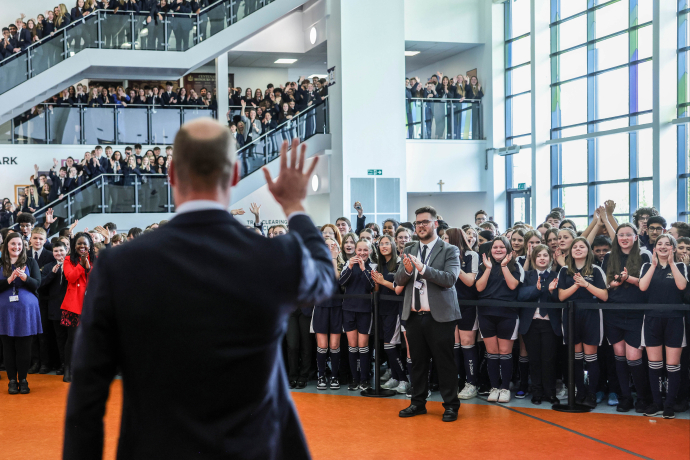
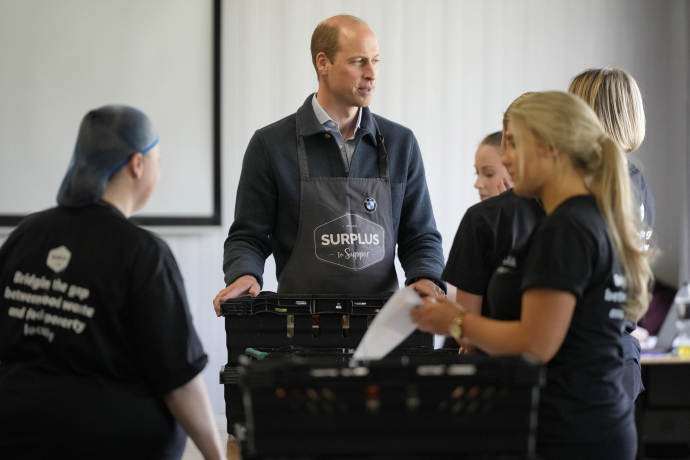
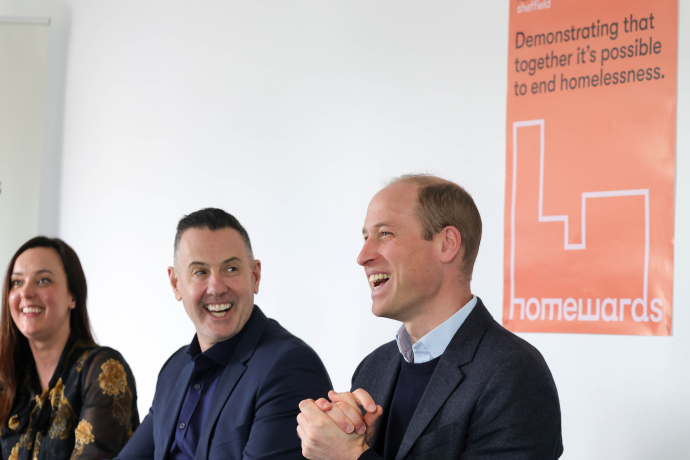
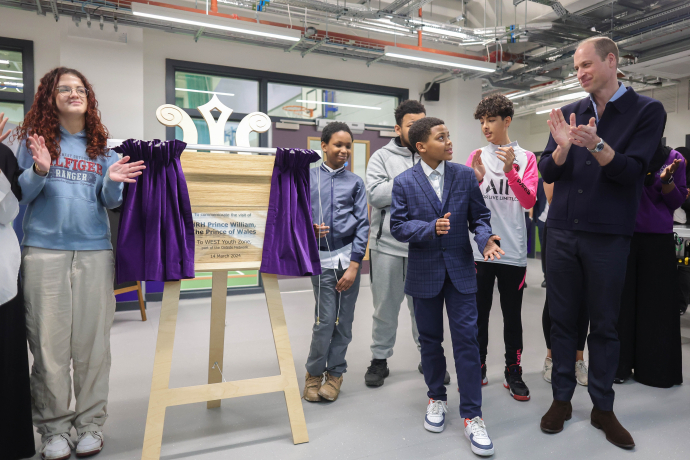
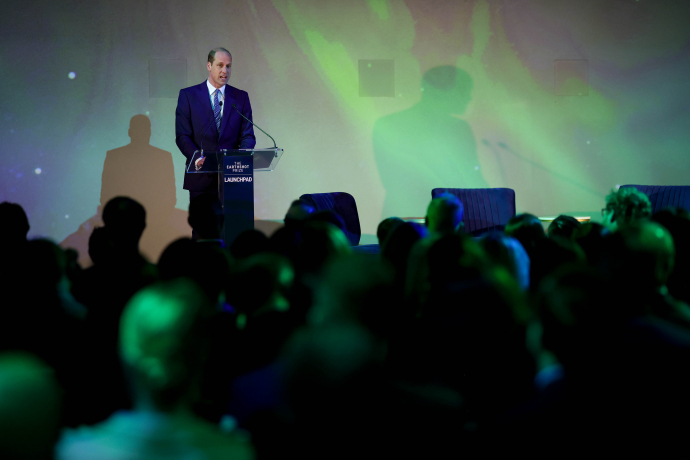
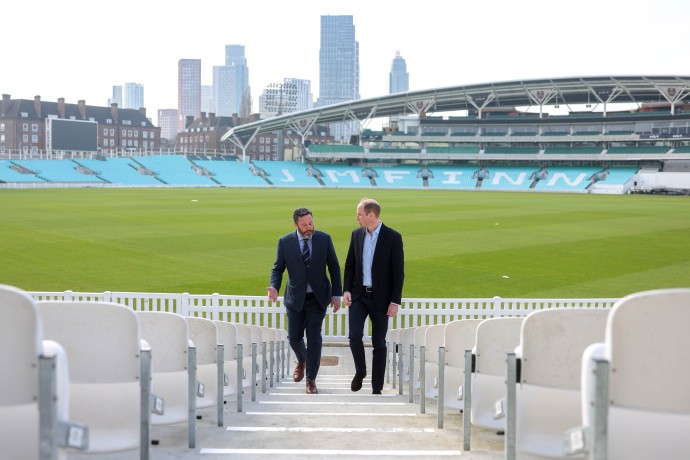
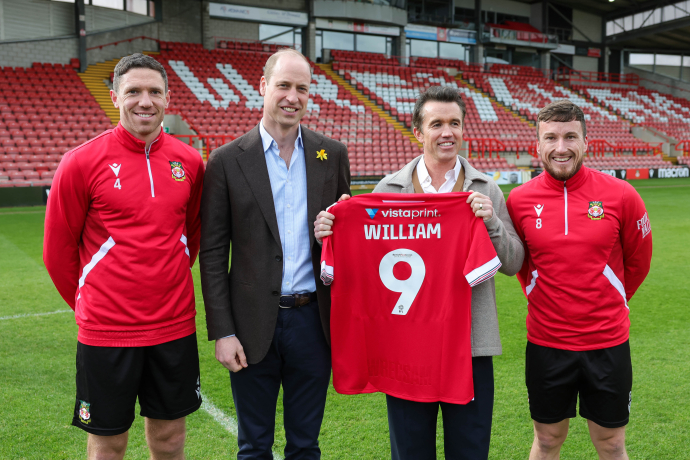
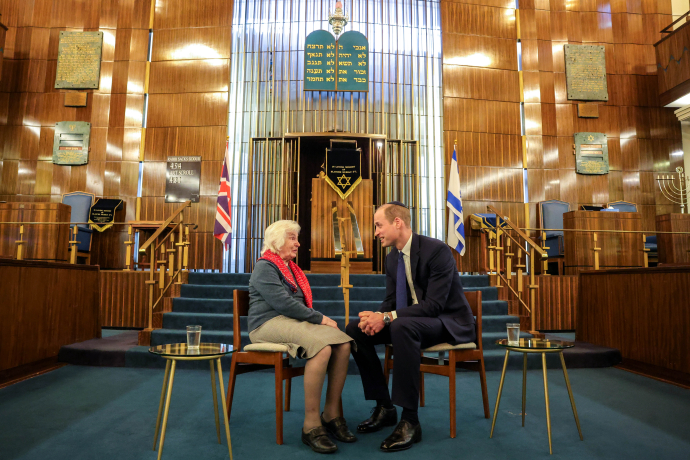
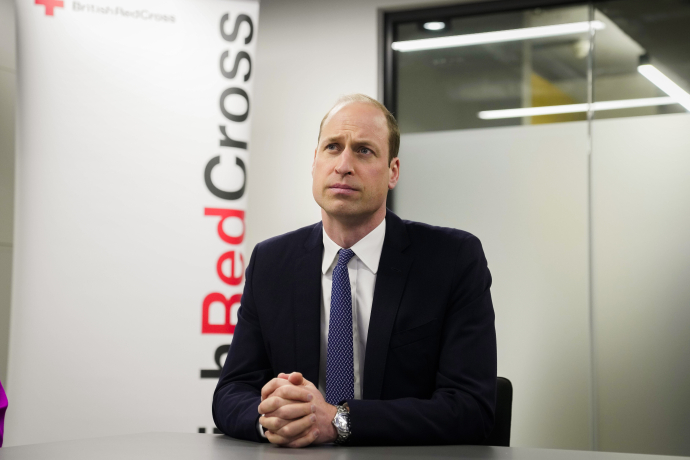
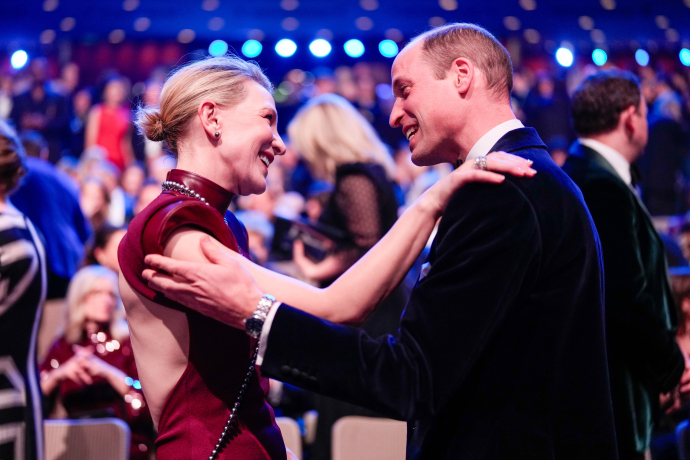
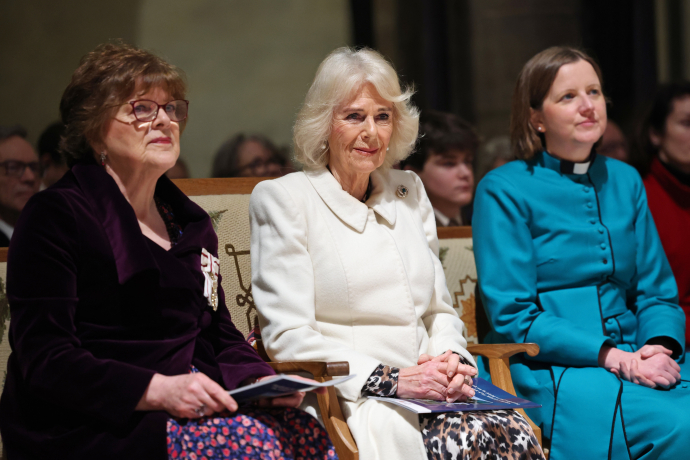
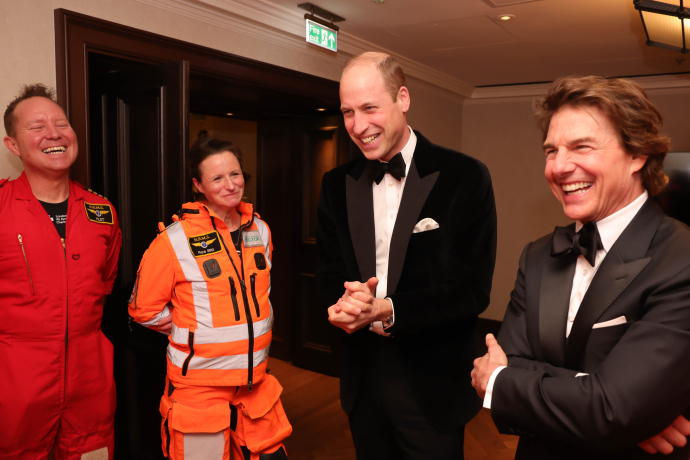
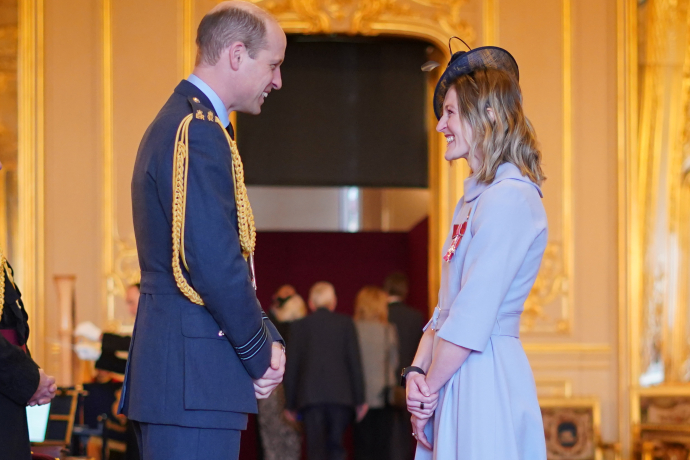
The Prince of Wales visits Manchester, launching latest Community Impact Project
16 November 2023